For 38-year-old Kelli Erb, the point of no return came the day she donated 15 trash bags full of clothing to her local Goodwill store.
After overhauling her lifestyle and dropping four sizes, the former digestive disease nurse knew there was no turning back.
“I was always saving them for ‘just in case,’ but why was I doing that?” she said. “This is my life now.”
Today, a year after embarking on her lifestyle-change journey, Erb has shed more than 100 pounds and trimmed 13 inches from her waistline.
Her transformation represents a shift from burgers and fries to tofu scrambles and kale smoothies.
From a strictly deskbound work-life to days with scheduled treadmill and yoga time.
From the all-absorbing role of raising young children to a resolution to make time for herself and her health.
Strategic changes
The decision felt like a last resort for Erb, a resident of Rockford, Michigan, who’d spent years trying to diet, without lasting results.
“In 2021, I went to my doctor and I was like, ‘I’m done. I don’t know what to do. I’ve tried everything. I’ve been on every diet imaginable.’”
At the time, Erb weighed just three pounds less than when she’d gone into labor with her twin daughters, now age 9.
Working from home as a clinical informatics specialist for Corewell Health, she had fallen into some unhealthy patterns.
“I was at that baseline of just eating junk all the time,” Erb said. “I don’t know the last time I ate a vegetable before that—it was horrible.
“And I felt like bariatric surgery was my only option going forward.”
It turned out not to be.
Erb’s primary care provider referred her to Carolyn Vollmer, MD, and Corewell Health’s Lifestyle Medicine practice.
At her first visit in February 2022, she learned about the Lifestyle Medicine team’s certified physicians, health coaches, dieticians and chefs. Their holistic, customized approach to wellness. Their evidence-based view of food as medicine.
She committed to exploring changes in what she ate—changes that promised to bring weight loss and, more importantly, disease prevention and a longer lifespan.
“Typically, we start patients with smart goals—simple, measurable, attainable goals,” Dr. Vollmer said.
“Kelli took a look at eating a little bit differently. She started to reduce some of the processed and high saturated-fat foods in her diet and brought in more whole foods that are plant-based, which are naturally less calorically dense but high in nutrients.”
At the same time, Erb enrolled in Lifestyle Medicine’s cohort-based Fasting for Health program, which can help patients jumpstart the weight-loss process and launch into other healthy lifestyle changes.
“Your body goes into a simulated fasted state while you are still eating,” Dr. Vollmer explained.
After her first five-day fasting protocol, supervised by the Lifestyle Medicine team, Erb had lost 10 pounds and already felt more optimistic about her prospects.
“It kind of resets your palate so you don’t crave all the sugar and junk that you’re used to, all the processed food. So that was awesome,” she said.
Three months and three more rounds of supervised fasting later, Erb had met several incremental weight-loss milestones.
Along the way, she made other strategic changes.
She embraced intermittent fasting, not eating between 9 p.m. one day and noon the next to promote the burning of stored fat.
She and her husband, Dan, who does most of the cooking at home, gave up alcohol and started incorporating new ingredients into the family’s diet—farro, jackfruit, lentils, quinoa, tempeh and turmeric.
Attending Lifestyle Medicine’s virtual Daily Dozen class on her lunch hour gave her an in-depth look at the science behind the healing properties of plant foods and spices.
Erb also joined Lifestyle Medicine’s free online meetup groups, led by a certified health coach.
“They’re open for any of our Lifestyle Medicine patients who need added support or encouragement along this journey of lifestyle behavior change,” said health coach Kris Rich.
“It’s a safe place where we can talk about challenges, we can talk about success stories … and share tips and tricks.”
Erb became a natural leader in the meetup groups, Rich said.
“She’s just really great at getting the conversation going and helping others to understand that, you know, ‘We can do this. If I can do it, you can do it’—she always says that.”
Erb receives her share of encouragement in the groups as well.
“The meetups are amazing because you can talk to all these people and find out what they’re making for dinner or where they’re struggling,” she said. “As you hear everybody else’s experiences, you learn about new cooking tools, new recipes, new strategies to try.”
Time to move
Six months into her weight-loss journey, Erb had a good handle on how to eat for good health, but she’d been avoiding one of Lifestyle Medicine’s other pillars—physical activity.
That became the next barrier to break through.
“Every time I went to the meetup groups or met with Dr. Vollmer, it was always like, ‘I need to do more activity, I know, but I just—I don’t want to,’” she said.
“So part of this journey is I’m trying to go outside my comfort zone.”
A mental health professional persuaded her to take the first step.
“She was like, ‘You’re gonna feel so much better. All those endorphins—try to start by just walking outside for 10 minutes.’”
When her twins, Josie and Madie, returned to school in the fall, Erb stepped on her basement treadmill for the first time in years.
“I said, ‘All right, I’ll do it.’ And I really haven’t stopped running since the middle of October. I run almost every day, and I feel so good.”
Once she started down the workout path, Erb’s weight loss accelerated.
“Every time I got on the scale I was like, ‘Oh my gosh,’” she said. “I have not been this weight in 20 years. I mean, I’ve been over 200 pounds my entire adult life. So it was very much something I didn’t think would ever happen.”
New identity
At a March 2023 appointment with Dr. Vollmer—one year after her first Lifestyle Medicine visit—Erb weighed in at 178 pounds, her lowest weight since high school.
She cheered as Dr. Vollmer updated her chart, removing “obesity” from her profile.
The two reviewed Erb’s progress—improved weight, cholesterol, percent body fat and body mass index—not to mention healthier skin and a dramatic reduction in headaches.
“When we carry extra weight like you did, you are increasing the risk of disease,” Dr. Vollmer said.
“And so you are doing yourself favors by saying, ‘OK, I have gradually changed my BMI to get to a point where I’m helping to prevent risk of cancers, I’m starting to reduce the risk of diabetes, I’m decreasing systemic inflammation in my body, I’m increasing my longevity.’”
Erb gave the doctor a rundown of her immediate plans: taking a Mediterranean cooking class with her husband, coaching their daughters’ softball team, enjoying organic veggies through a summer farm-share program—and reexamining her identity as someone with a smaller body.
“It’s something I’ve never experienced before, so it’s like wrapping my brain around it and asking, ‘Who am I now?’”
In celebrating Erb’s success, Dr. Vollmer advised her about how to prevent exercise-induced injury and asked about her next goals.
“Nutritionally, you’re on point. We just have to find that place where you feel good and you feel it’s maintainable, without overdoing it,” she said.
“Are you there yet?”
“No, I have a lot of work to do still,” Erb said. “I’m still at it.”
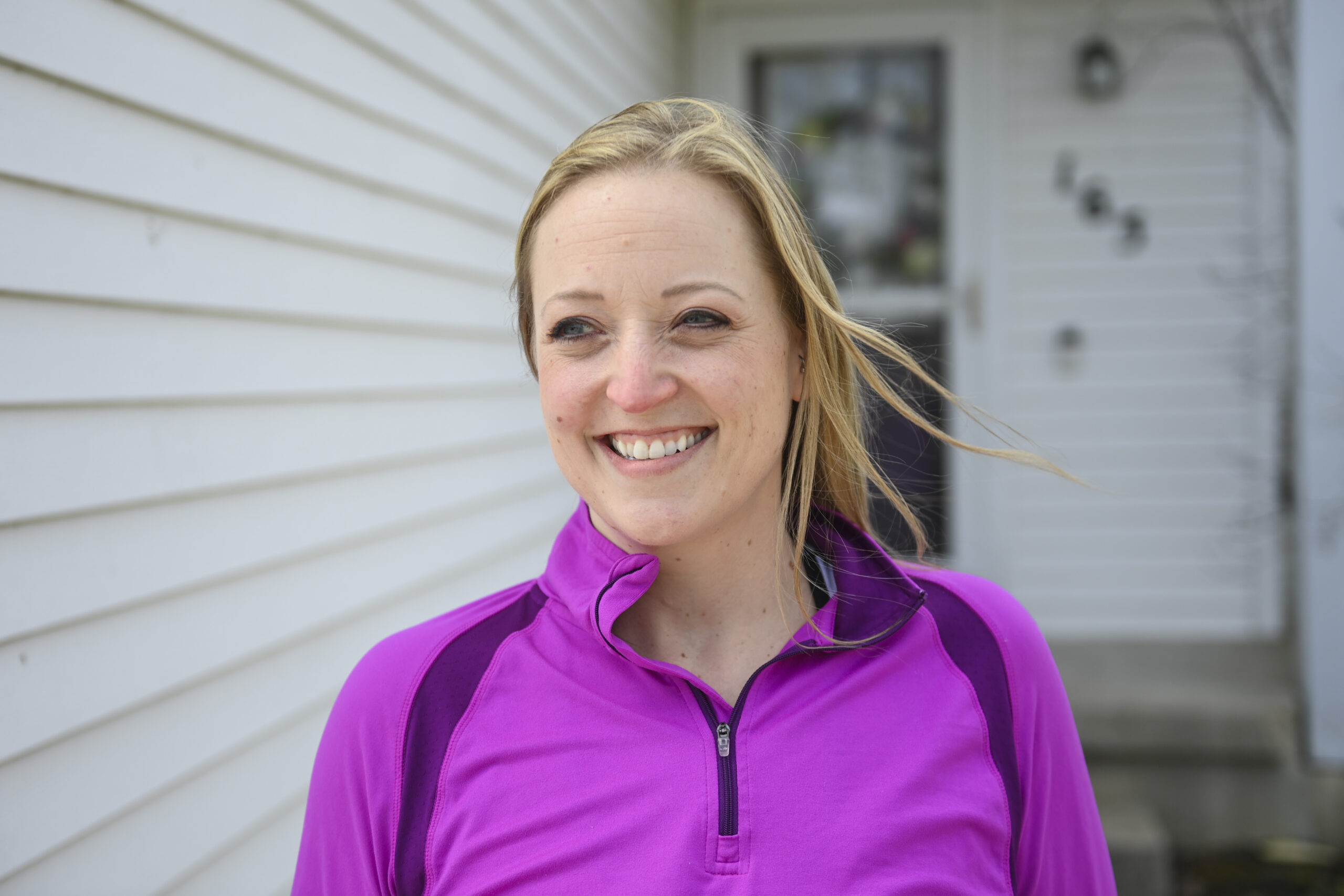
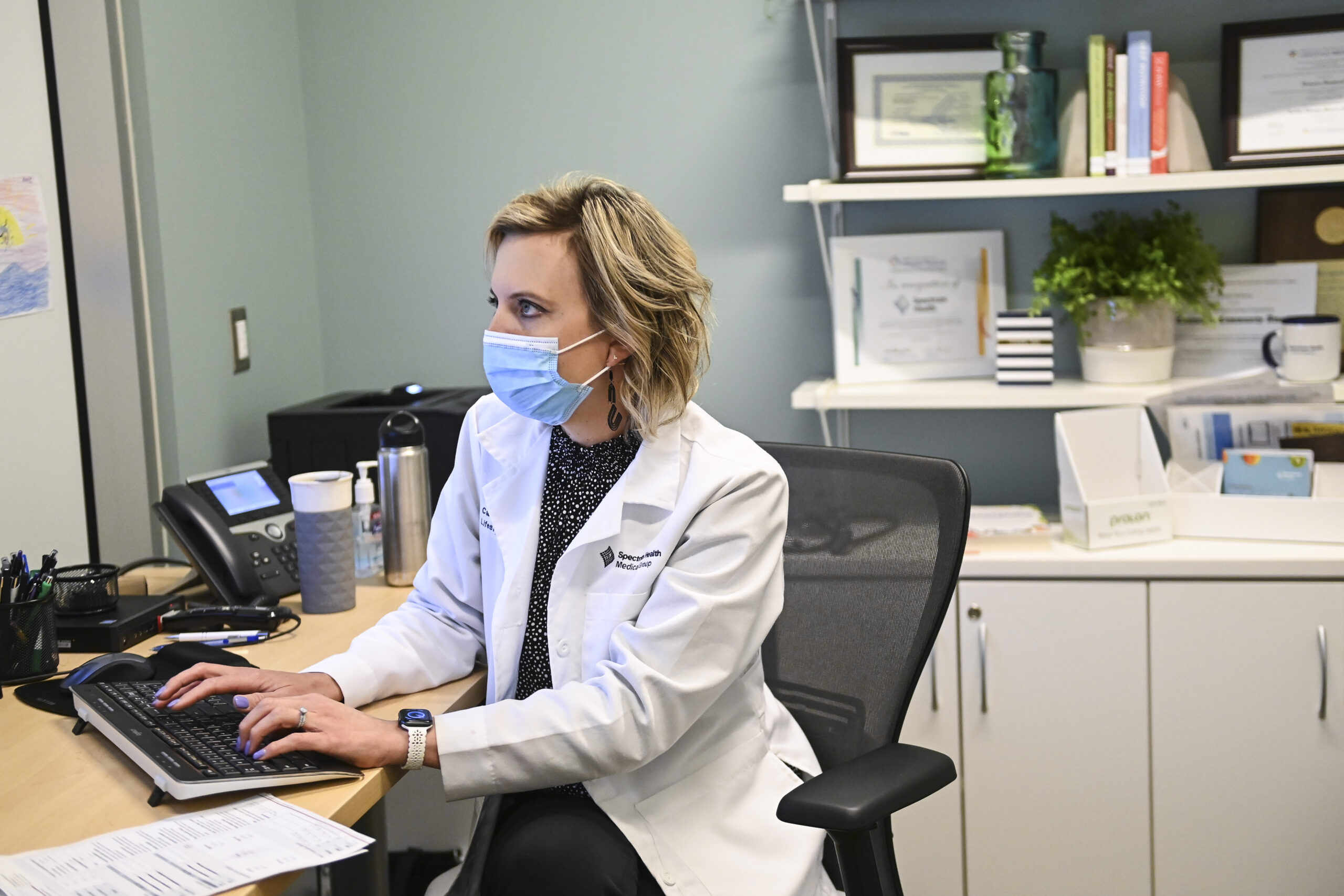
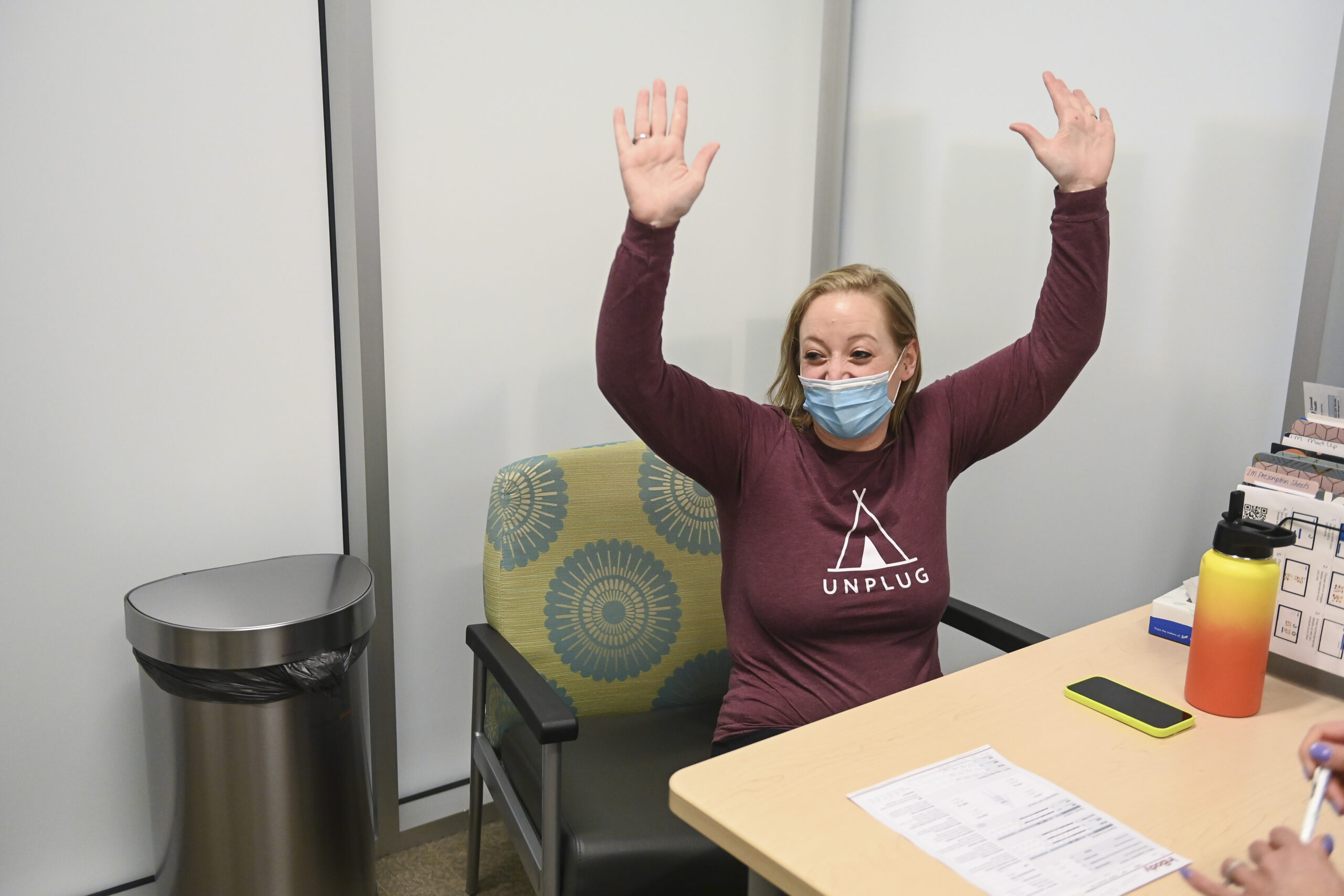
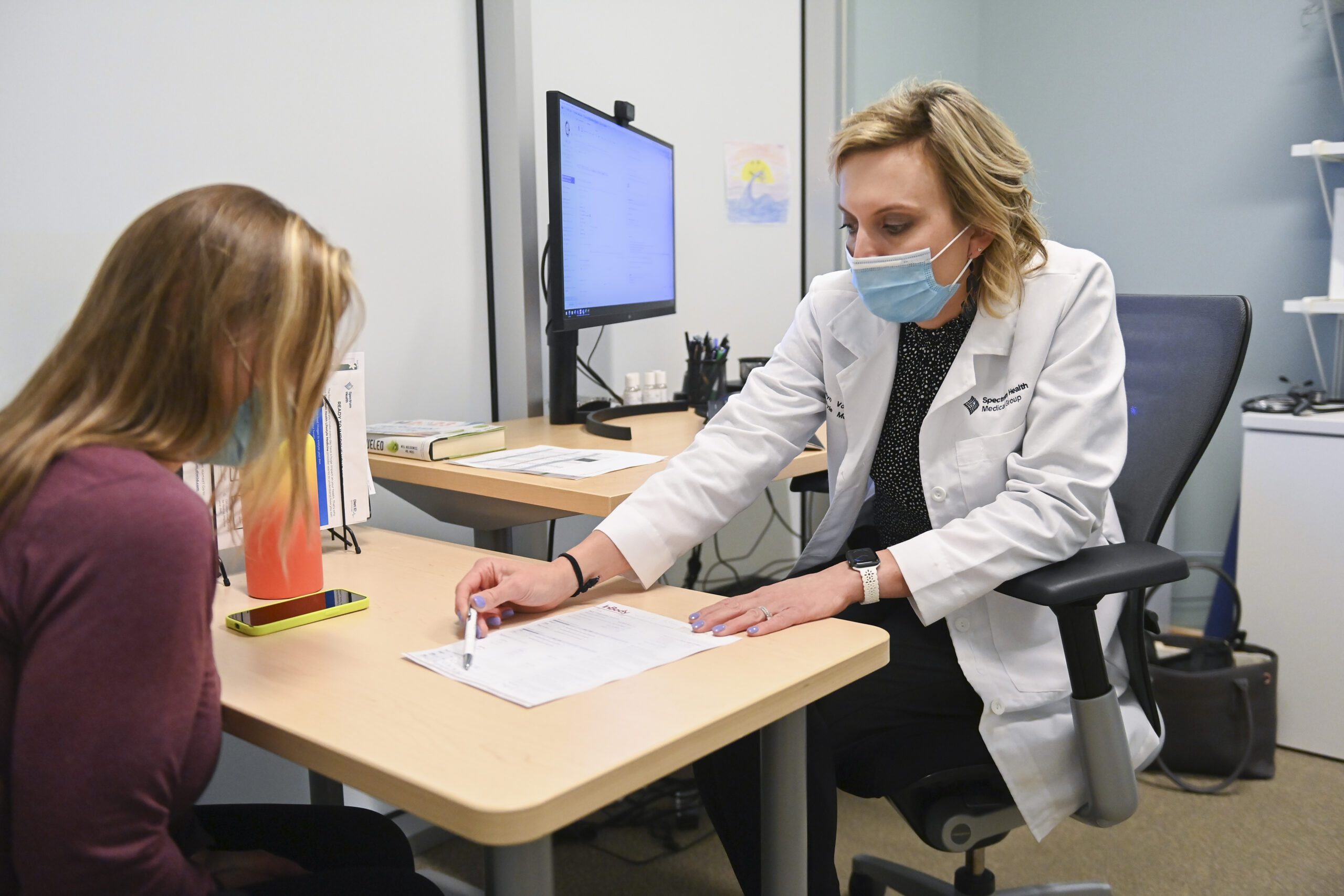
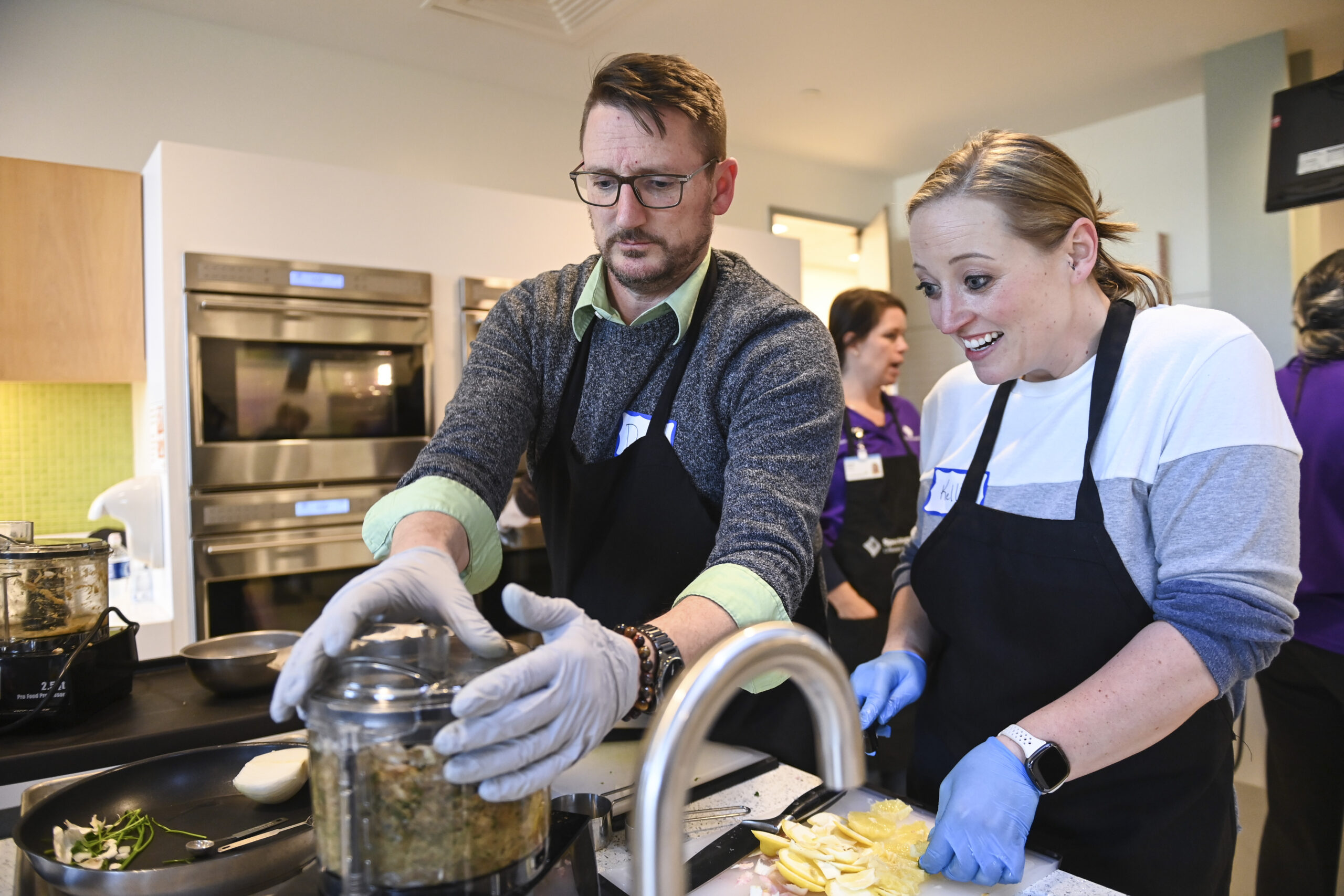
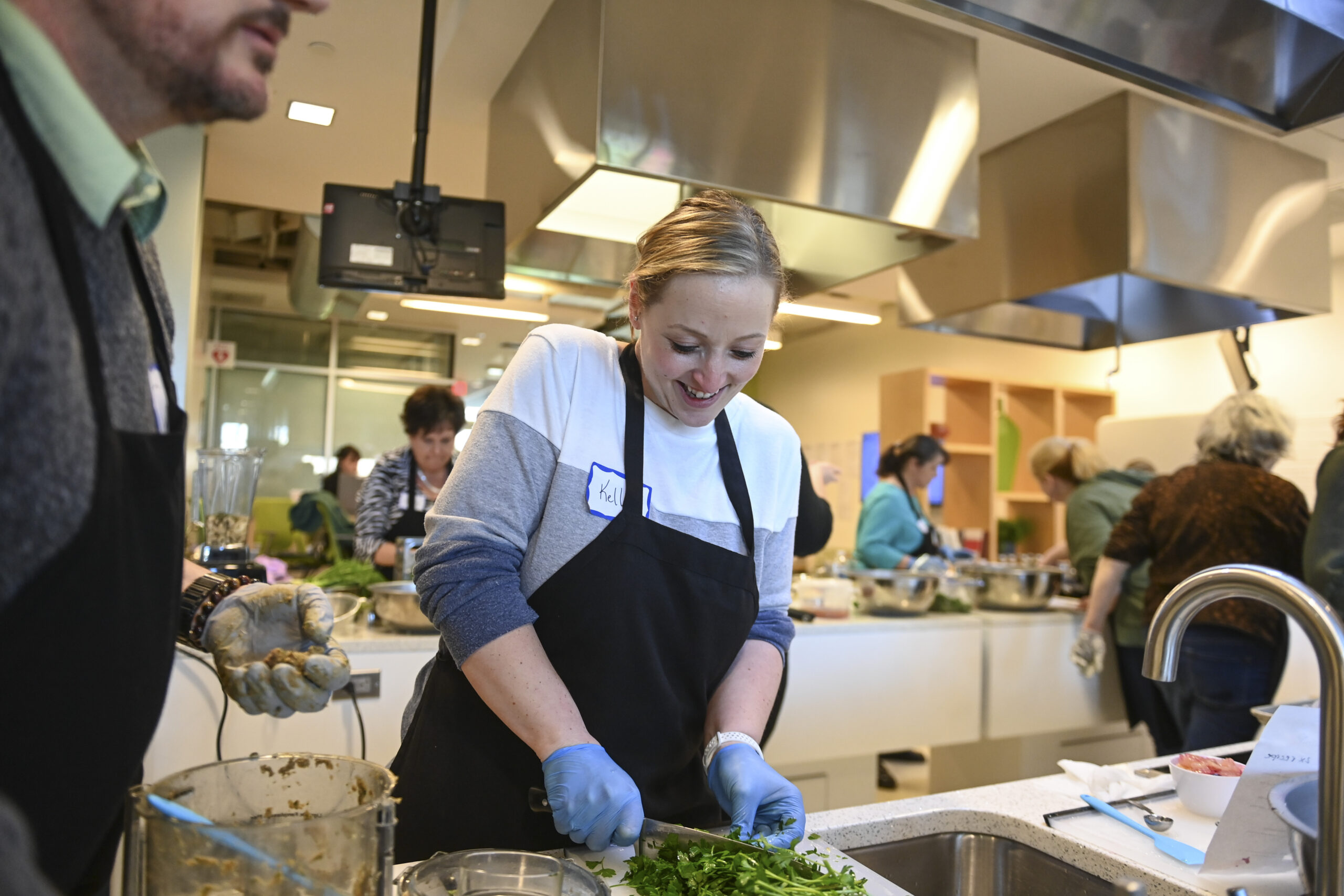
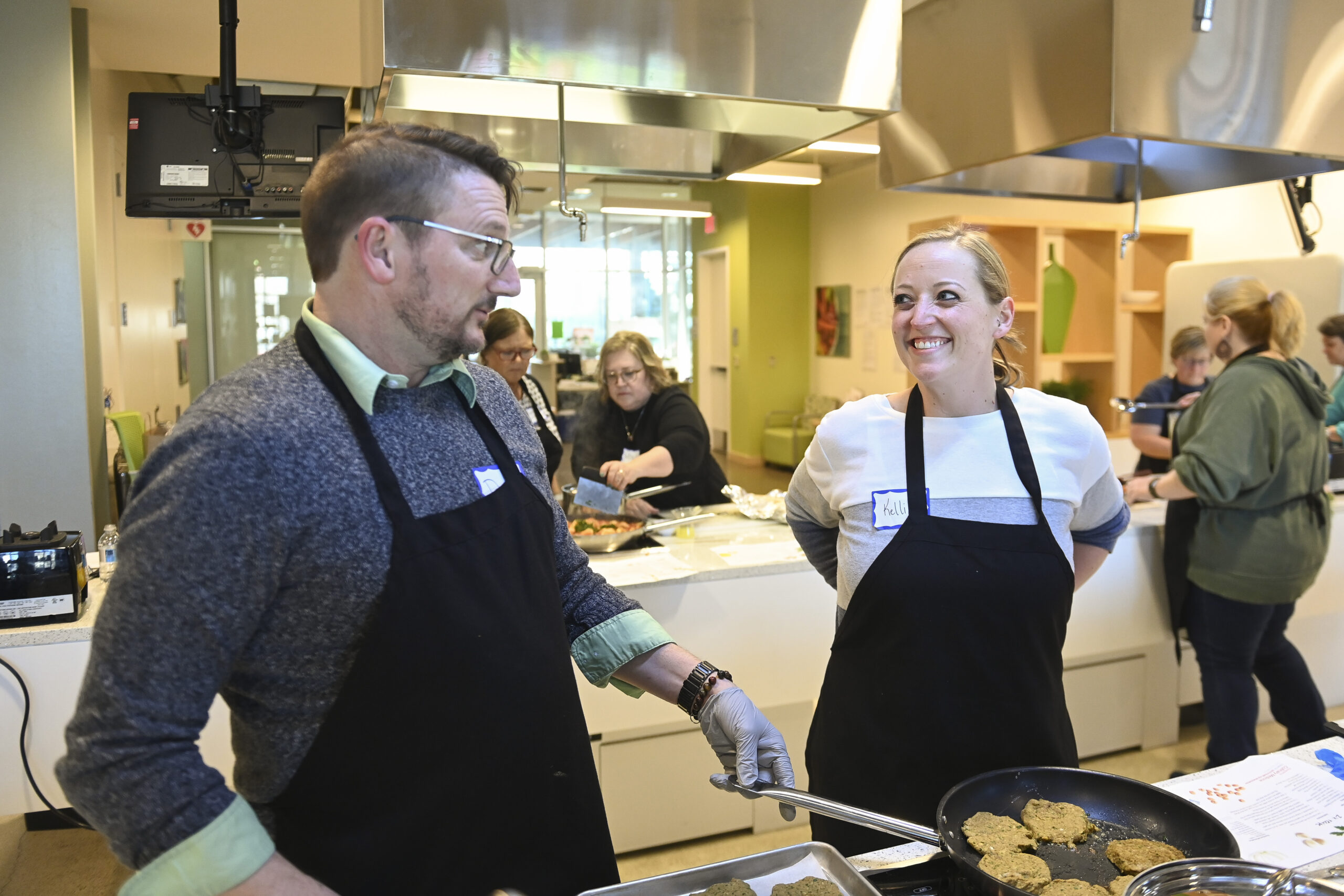
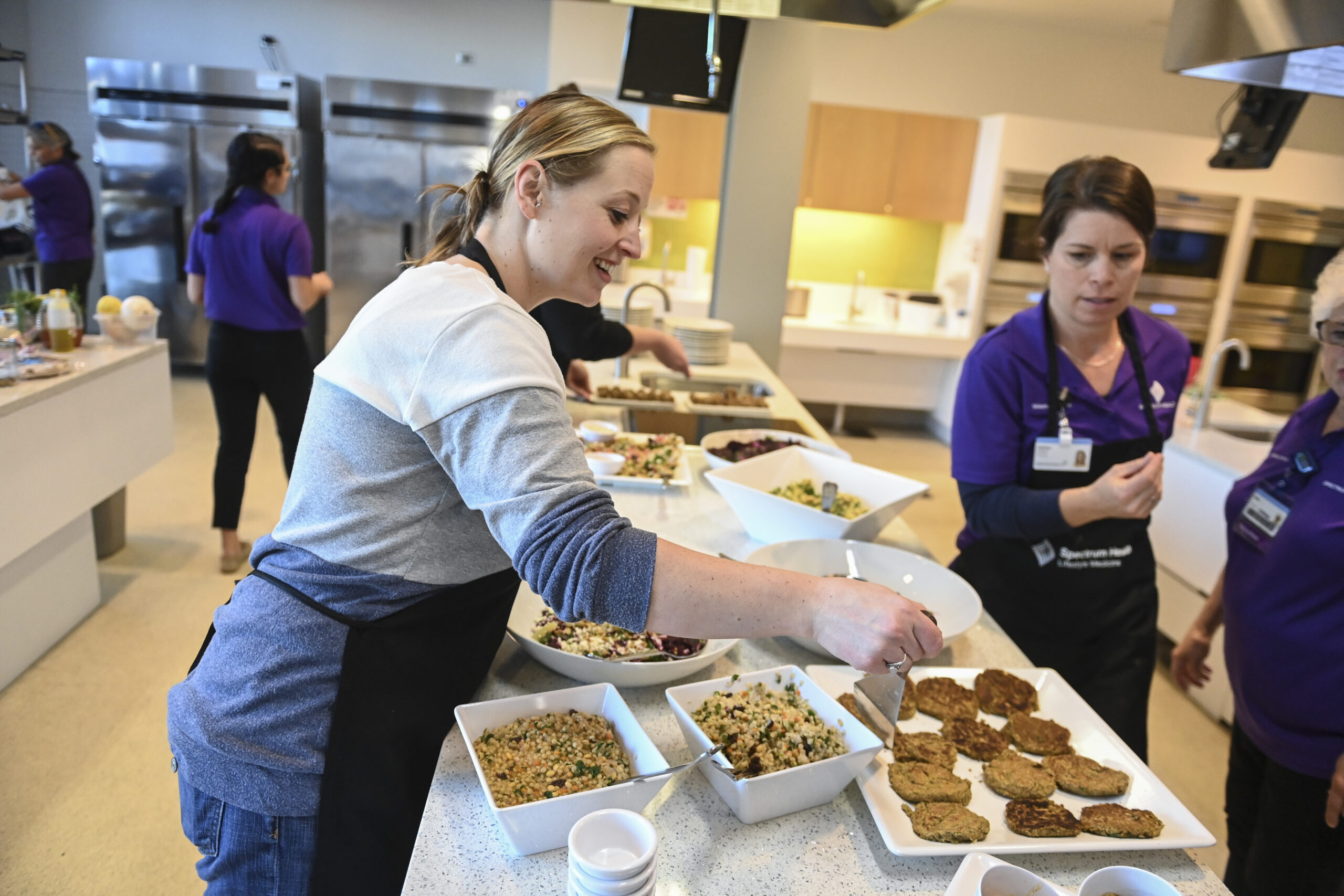
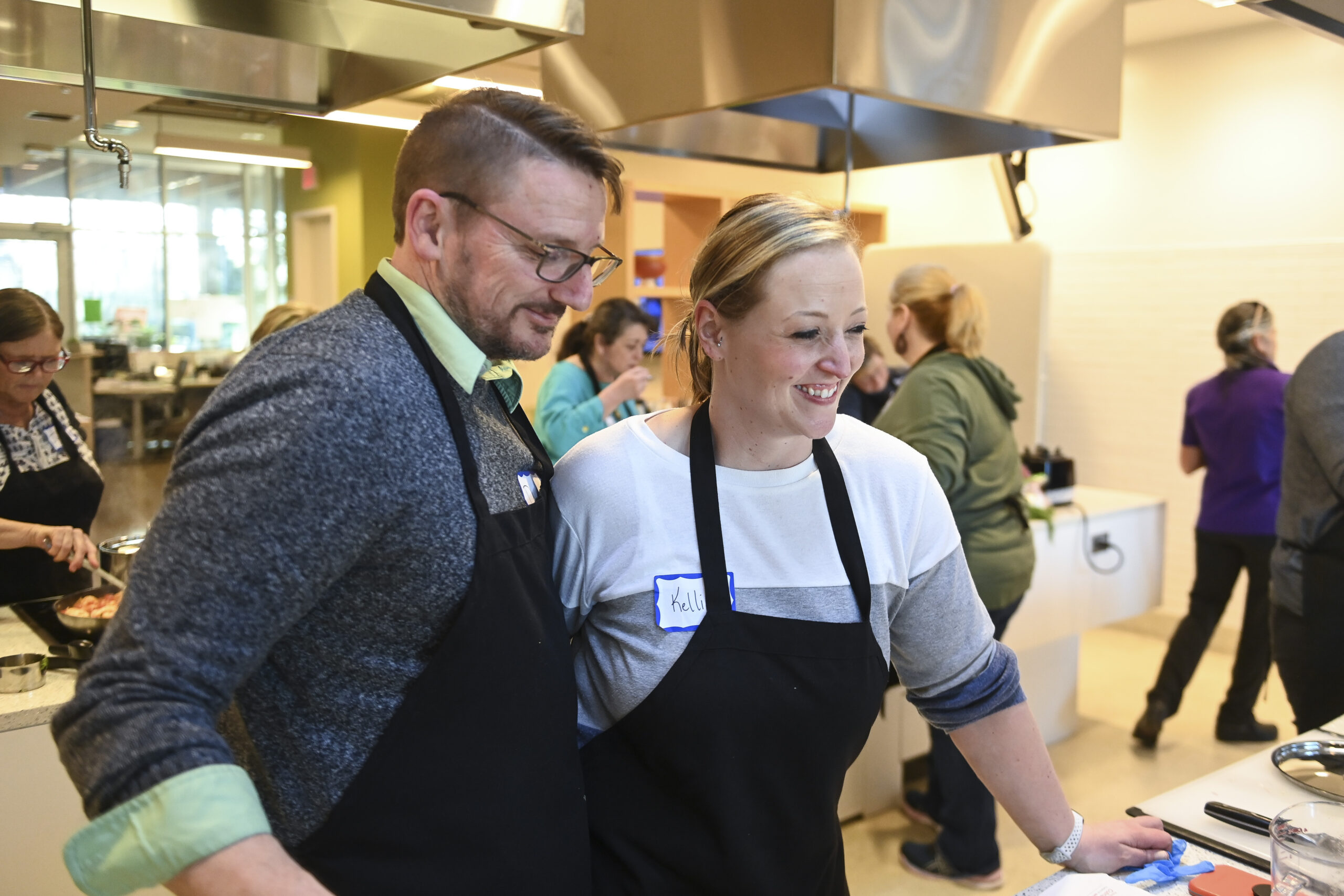

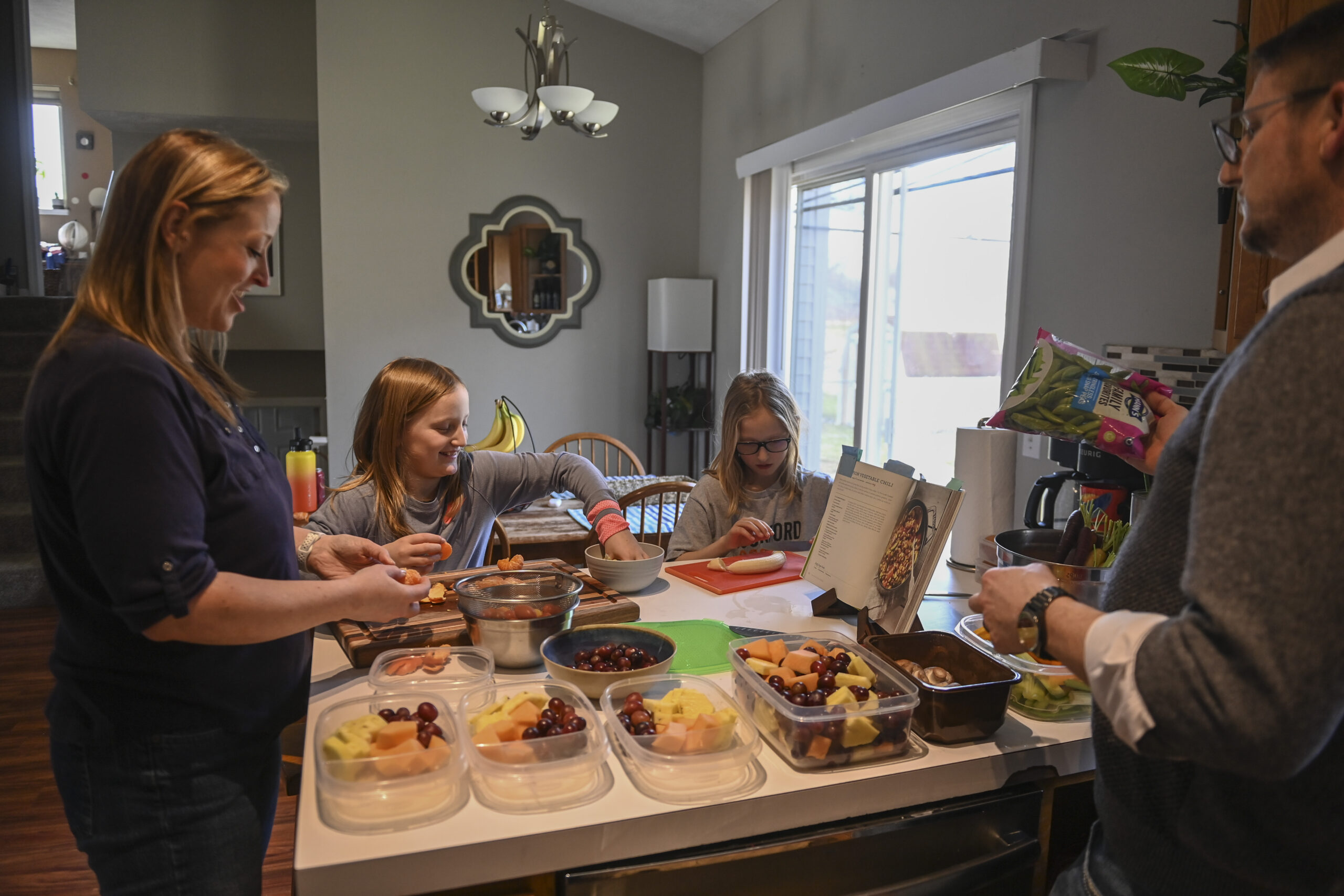
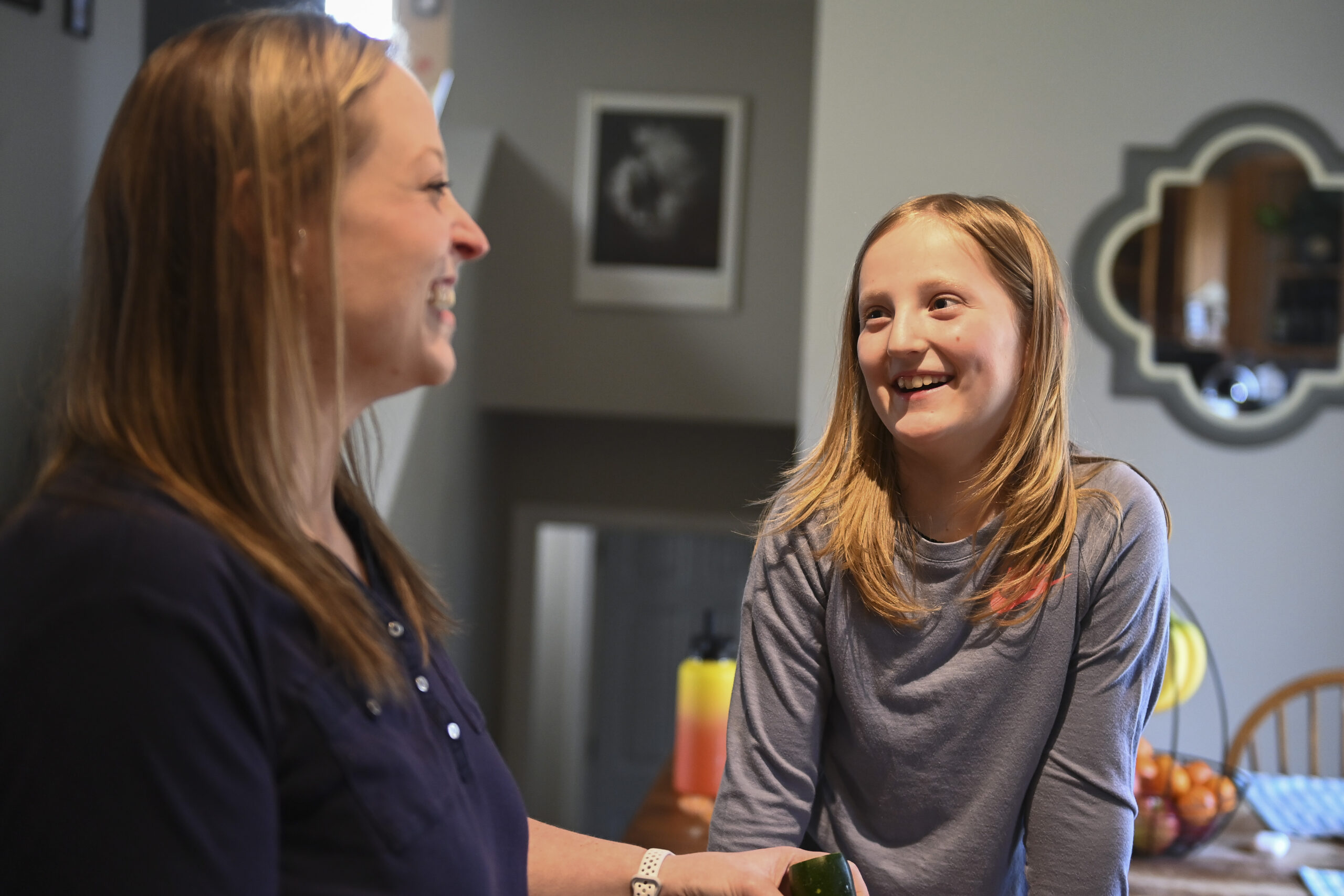
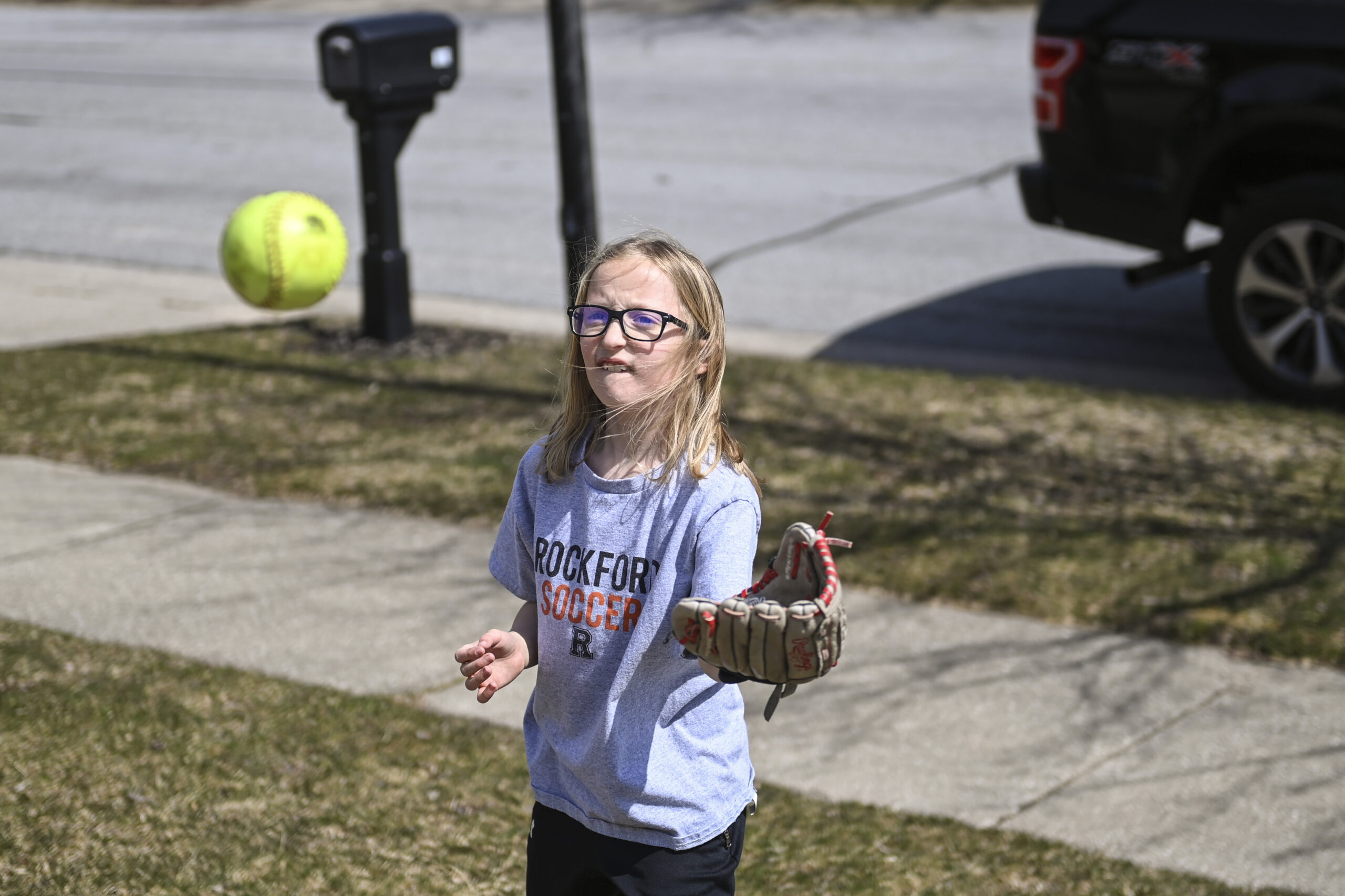

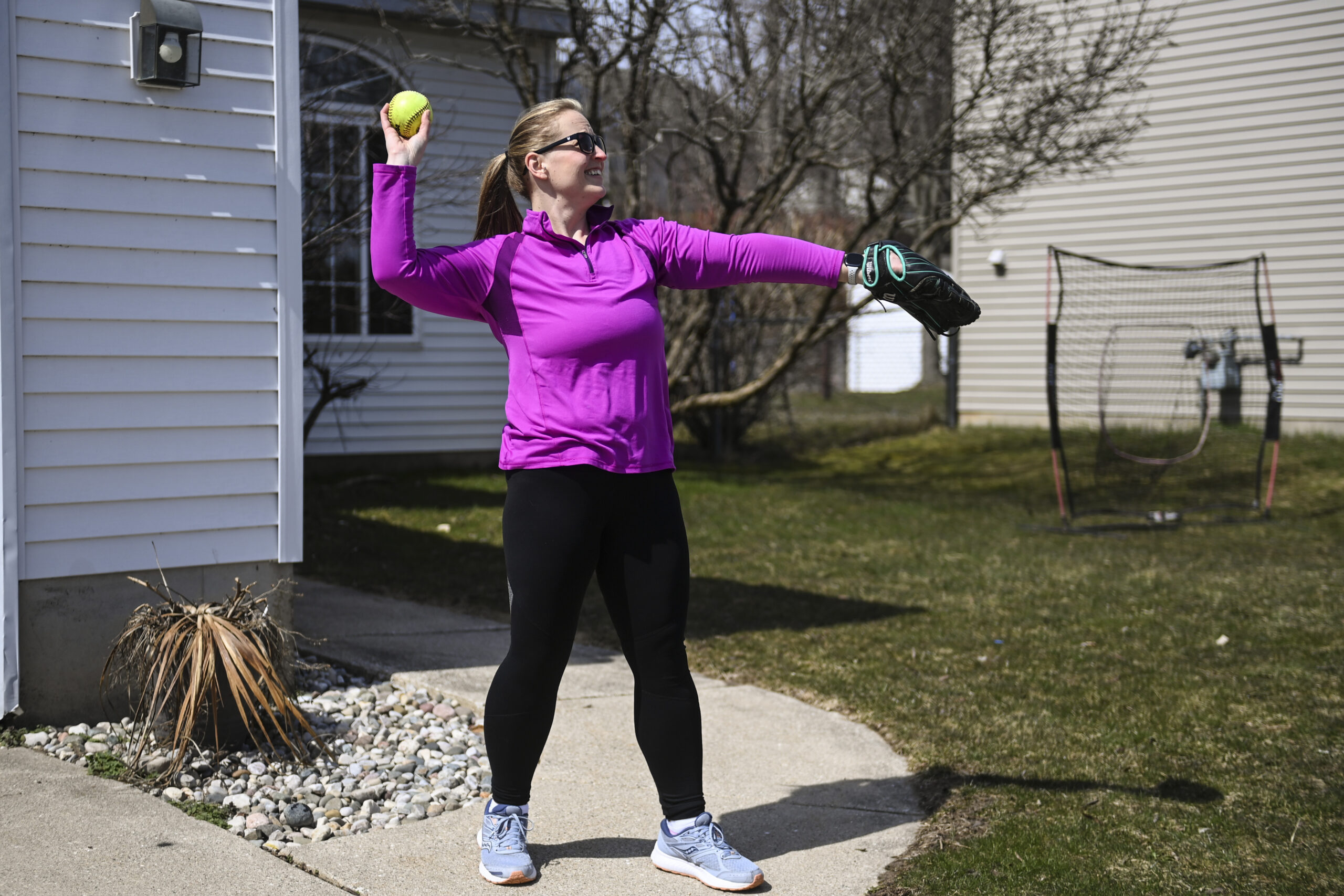
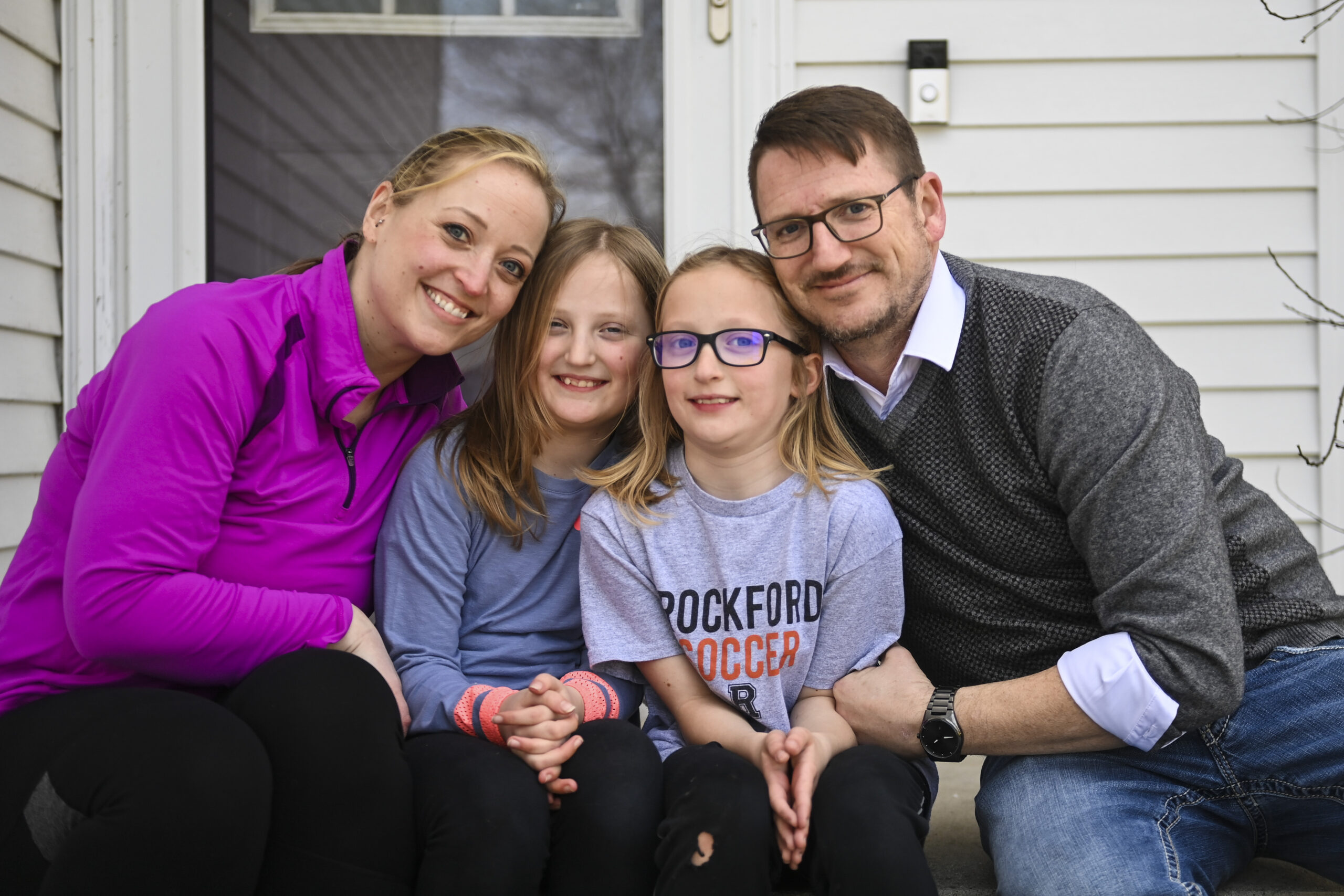
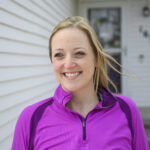

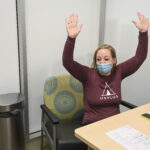

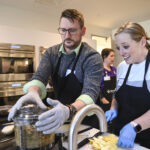
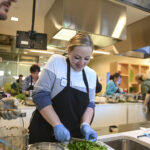
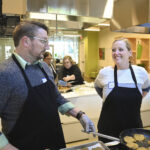









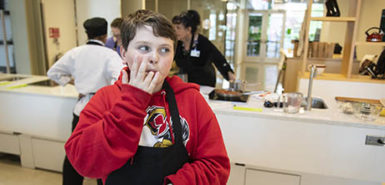 /a>
/a>
 /a>
/a>
 /a>
/a>
Oh my gosh KELLI, way to go. I am so proud of you and your dedication to your health!!😘
Way to go Kelli- you look great!!! What an achievement!
Ann
PS- how is your granny?
Awesome job Kelly! I understand where you came from. I am where you were. Very frustrated with the all the fad diets. I have tried them all too, but I am still struggling. Maybe one day!